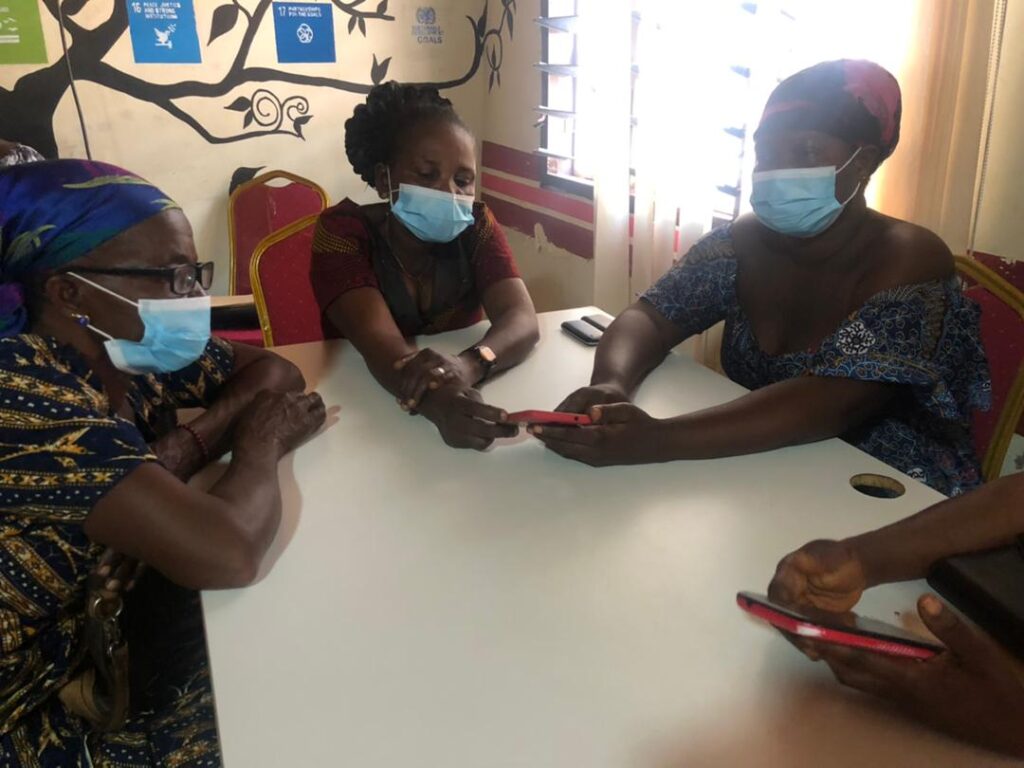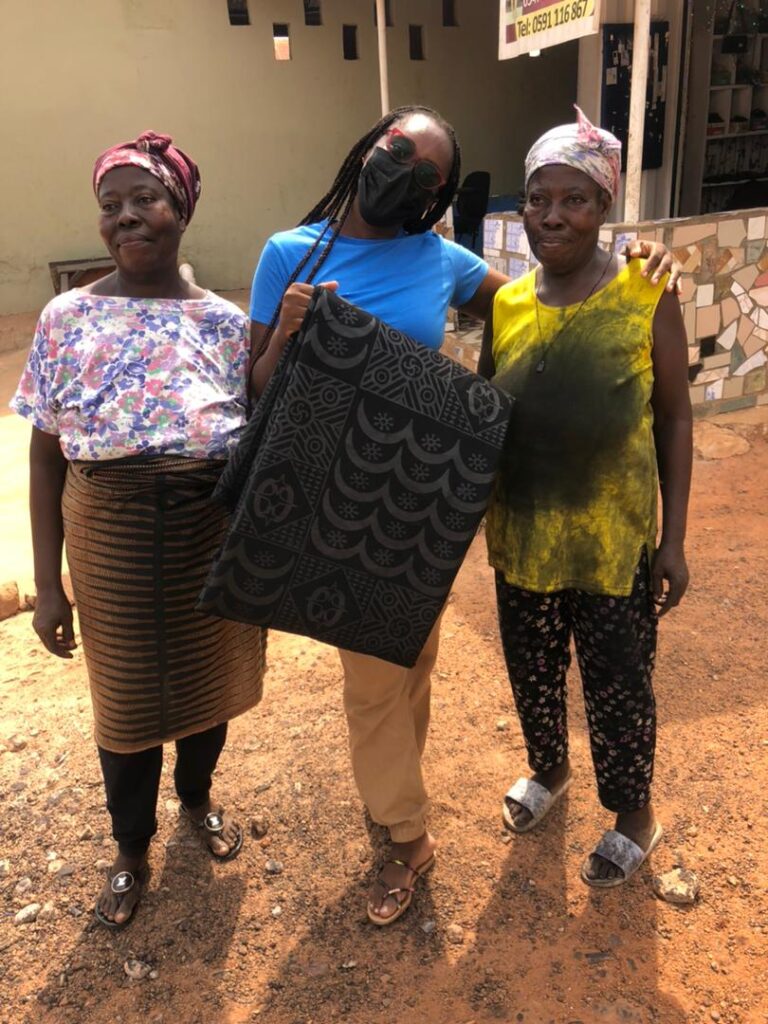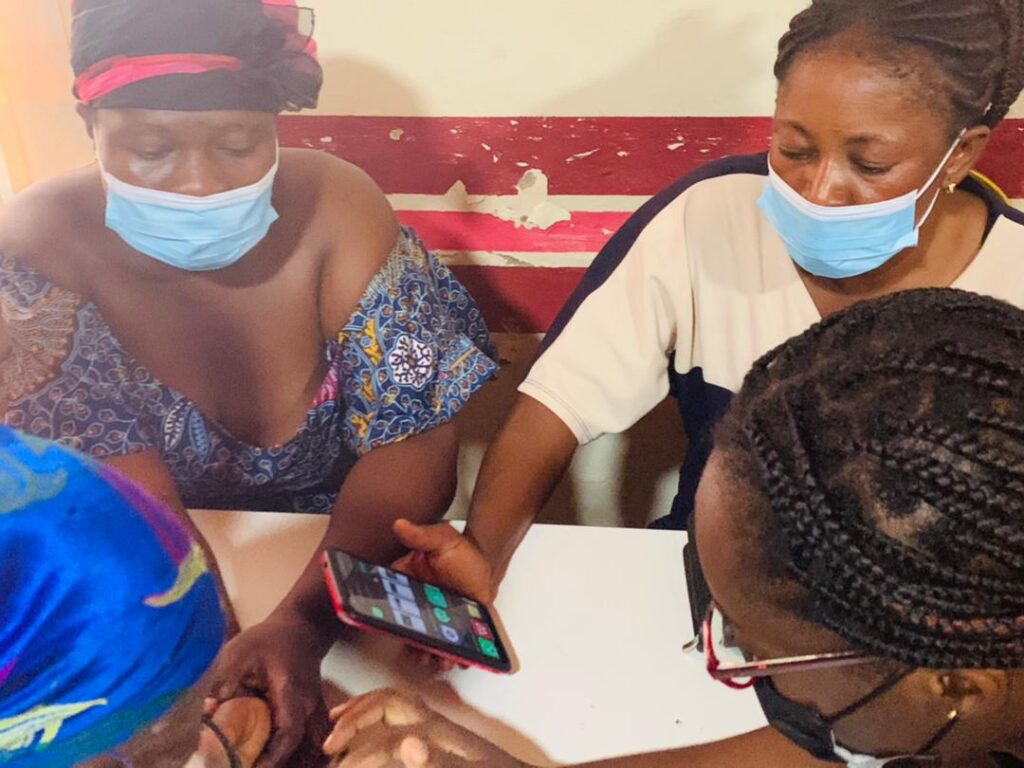Farmher Ghana, a non-governmental organization that equips women farmers with simple farm technology trainings and supports the essential role women farmers play in rural industries, businesses and communities has trained about 200 rural women in agriculture and manufacturing value chains in the Ashanti region.
The aim of the training program was to improve the digital competences of rural women in the agriculture and manufacturing value chains in the said region.
Women are critical stakeholders in agriculture and agribusiness value chains around the world. Making up 40% of the global agricultural workforce and as much as 50 % in many regions, women are key to planting, cultivating, and harvesting, as well as processing, logistics, and sales.

Training ongoing with farmers and other stakeholdersI believe digitalization is for all and women in the informal sector should not be left behind.
Asabea Asiamah Agyei – CEO, Farmher Gh
In Africa, the contribution of women to labor in African agriculture is regularly quoted in the range of 60–80% and with the current African women population hovering around the 50% mark according to countrymeters.info, it is expected that their contribution to the space can only improve with time.
A report by the International Finance Corporation, a facet of the World Bank Group identifies key challenges to women productivity and growth as fewer opportunities for education and access to agricultural training and extension services relative to men and limited access and know-how regarding agricultural inputs and mechanical equipment.

Fabric manufacturers & CEO of Farmher Gh, Adwoa Farmer (Middle)In “breaking the bias”, “giving women the appropriate knowledge and access to farming resources has the potential to generate business benefits throughout the value chain.” World Bank Group.
The aim of the program was to improve the digital competences of rural women in agriculture and manufacturing value chains.

A facilitator taking women through digital trainingIn a bid to aid bridge the rural/urban digital divides, the program targeted 200 women in farming and African fabric manufacturers and these women were taught basic digital skills such as speech to text, how to store phone numbers, retrieve contacts and how to search for information on the internet among other key digital skills.
Speaking to All Agricgh, Adwoa Farmer emphasized the need for the continual training of women in this space.

Women practicing what they just learntIn partnership with GIZ and some community hubs like PHG Foundation, Wath Hub, Hapaspace and Grassroots Hub these women were taught basic digital skills to foster growth and development in their various fields of work. The German Cooperation Ghana (GIZ) funded trainings took place in the Ashanti and Bono Regions specifically in the Ntonso Ehinase, Adanwomase-bamang and Kwabre townships.

